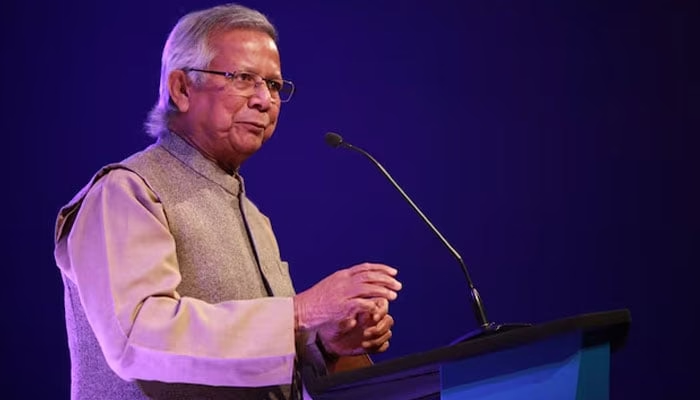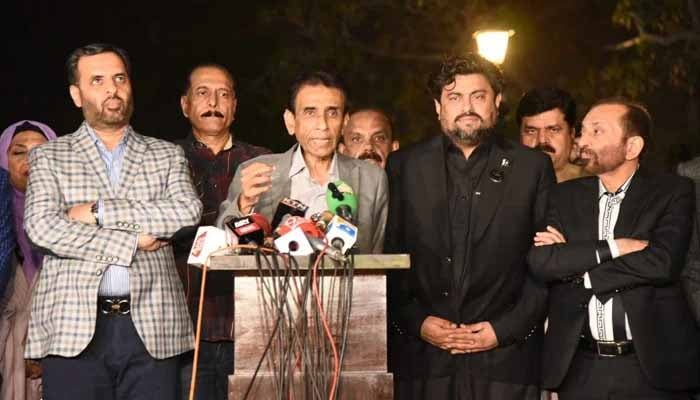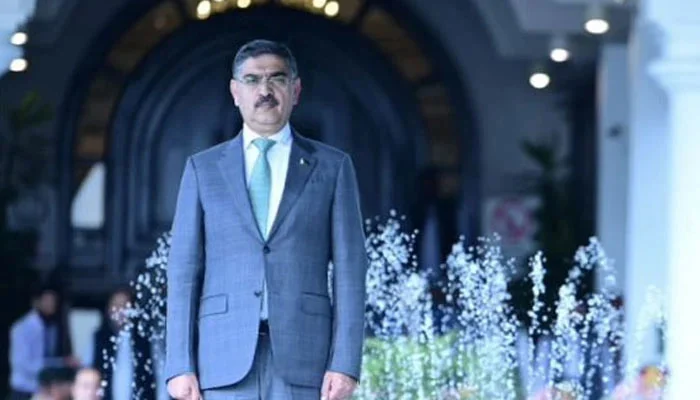Bangladesh 2026 elections are officially scheduled for February, according to an announcement by interim leader Muhammad Yunus on the first anniversary of last year’s dramatic regime change. The upcoming polls mark the first democratic test since the historic mass uprising that ousted former prime minister Sheikh Hasina after her 15-year rule.
Yunus, a Nobel Peace Prize laureate and current chief adviser to the caretaker government, confirmed that he would request the Chief Election Commissioner to organize the elections before the Islamic holy month of Ramadan in February 2026. This shift comes in response to mounting pressure from political parties demanding earlier polls than the previously suggested April timeline.
A Nation at a Political Crossroads
The Bangladesh 2026 elections come at a time when the country is undergoing a complete democratic transition. With a population of approximately 170 million, Bangladesh has been in political turmoil since student-led protests erupted in July 2024. These protests initially called for changes to the public job quota system but evolved into a broader movement against Hasina’s increasingly authoritarian regime.
The protests reached a peak on August 5, 2024, when demonstrators stormed the prime minister’s residence. Hasina, now 77, fled the country via helicopter and has since taken refuge in India, refusing to return and face trial on charges including crimes against humanity.
Yunus, now 85, took charge as the interim leader shortly after the uprising and pledged to guide the country toward free and fair elections. His promise to step down after the elections is seen as a commitment to restoring democratic order.
Proclamation of a New Bangladesh
Marking the anniversary of Hasina’s ousting, Yunus addressed thousands of citizens gathered in front of parliament. Despite heavy rain, the crowd listened as Yunus read from a newly drafted proclamation—a document that will be enshrined in the constitution.
“The trust of the people… as expressed by the mass uprising for addressing the political and constitutional crisis in Bangladesh is justified, legitimate, and internationally recognised,” Yunus declared.
This proclamation highlights the people’s demand for democratic reforms, including good governance, judicial independence, electoral transparency, and social justice.
Electoral Reforms and Political Dialogue
As the Bangladesh 2026 elections approach, political parties are actively negotiating with the caretaker government over electoral reforms. Yunus noted that discussions with all major stakeholders are ongoing, with the aim of creating a robust and fair political system that prevents the return of authoritarianism.
While significant reforms have been initiated, Yunus admitted that a full consensus on safeguarding democratic values remains elusive. “Dialogue continues with political parties and stakeholders on necessary reforms, including the political and electoral systems,” he said.
This dialogue is critical to ensuring that the upcoming elections reflect the will of the people and prevent any manipulation by remnants of the former regime.
National Budget and Election Preparedness
Organizing a nationwide election in a country as populous and politically sensitive as Bangladesh is no small feat. Although exact budget figures haven’t been disclosed, local reports suggest a substantial financial allocation will be required to ensure transparency, safety, and accessibility across all polling stations.
The interim government has committed to offering all necessary support to the Election Commission to conduct a “free, peaceful, and celebratory” election.
The Fall of Hasina and a New Chapter
Sheikh Hasina’s 15-year rule, while marked by economic growth, was also tainted by allegations of human rights violations, censorship, and widespread corruption. International watchdogs repeatedly criticized her government for the mass arrests and extrajudicial killings of opposition members.
The movement that led to her removal was unprecedented in scale and composition, drawing support from students, civil society, and opposition parties alike. The government’s violent crackdowns only fueled public outrage, leading to her eventual downfall.
Yunus has reminded the public of the sacrifices made during this transition. “The sacrifice of thousands has gifted us this rare opportunity for national reform, and we must protect it at any cost,” he said.
Looking Ahead to February 2026
As the countdown to the Bangladesh 2026 elections begins, all eyes are on the country’s political leadership. The stakes are high: the results will determine whether Bangladesh truly turns the page on its authoritarian past and moves forward with democratic governance.
Yunus ended his address with a powerful call for unity. Let us stand united beyond all divisions to confront and defeat these threats. Together, we will build a Bangladesh where tyranny will never rise again.
With massive public interest and international attention focused on Bangladesh, the success of the 2026 elections could redefine the country’s future and serve as a model for democratic resurgence in the region.



